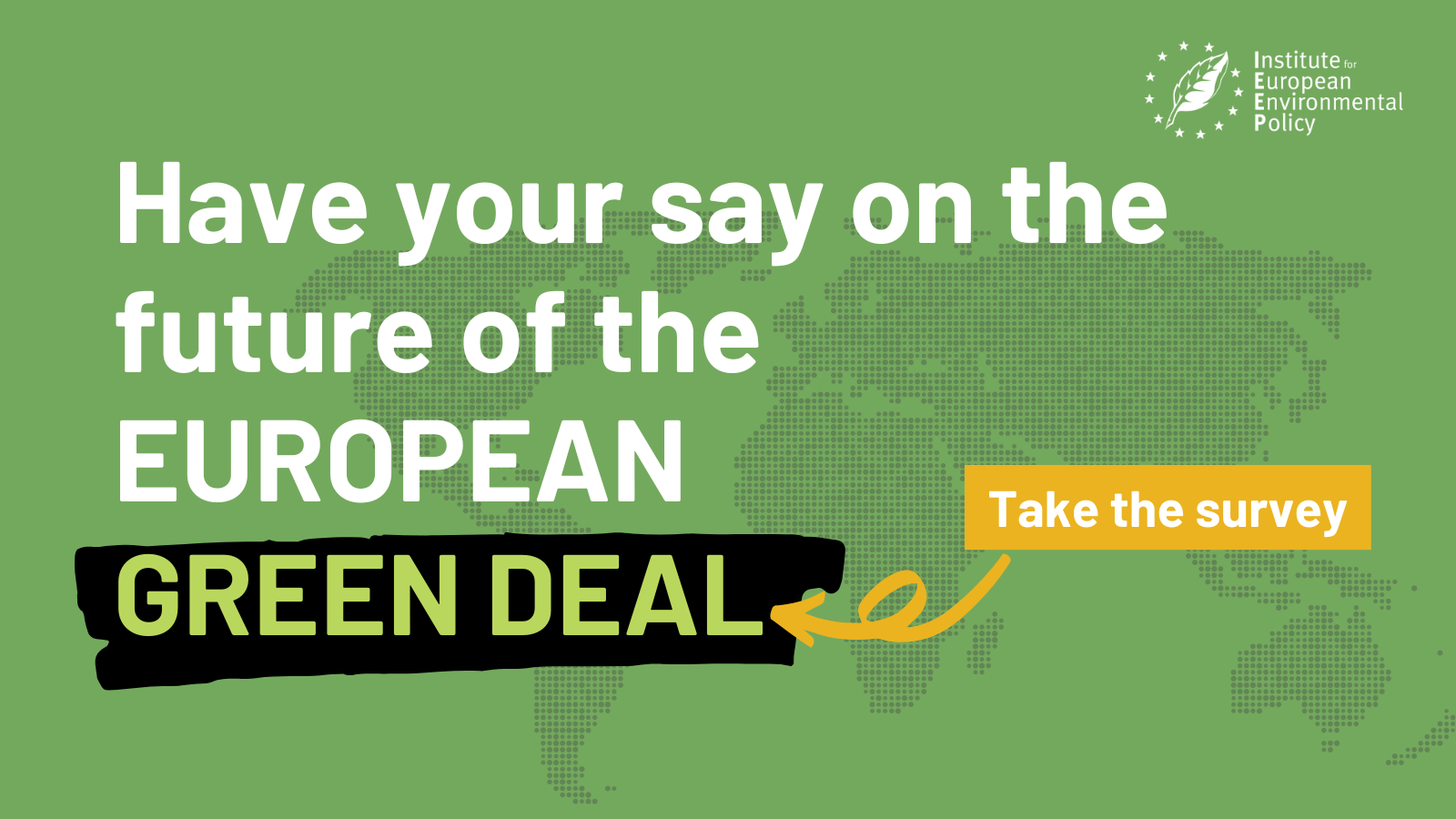AUTHORS: Martin Nesbit – Kamila Paquel – Andrea Illes
The EU’s Cohesion Policy aims to improve the economic status of the EU regions by reducing regional disparities. It is funded by three EU funds: the European Regional Development Fund (ERDF), the European Social Fund (ESF) and the Cohesion Fund, and it accounts for around the third of the total EU budget. Cohesion Policy is increasingly used to deliver wider EU policy priorities, so it has a growing role in tackling climate change. In the current programming period, the need to mainstream climate considerations into all EU funds has been reinforced by the introduction of the headline target that at least 20% of the total EU budget should be devoted to climate action.
This IEEP study, for the European Parliament’s REGI Committee, examines the experience of climate mainstreaming in Cohesion Policy in the current (2014-2020) and previous (2007-2013) programming periods. Based on our analysis, we recommend establishing a clearer link between the financial contribution of Cohesion Policy and the EU Member States’ overall delivery of climate mitigation targets. A common methodology for assessing the climate mitigation impacts of investments would be an important step to achieving this. The Commission has laid great emphasis on its “Budget focused on results” initiative; identifying the expected contribution of future Cohesion Policy expenditure to the delivery of overall EU climate objectives would be a good place to start.The study also assesses the implications of the Paris Agreement on climate change, which sets challenging long-term targets, and therefore requires
The study also assesses the implications of the Paris Agreement on climate change, which sets challenging long-term targets, and therefore requires greater focus on the EU’s emissions trajectory beyond 2030, and on avoiding lock-in of carbon-intensive infrastructure. The report, therefore, recommends better coherence between all EU investments in order to get to the required long-term decarbonisation trajectory, and a focus on maximising the EU added value of expenditure by facilitating or unlocking more ambitious decarbonisation potential.
The study served as the background document for a workshop organized by the European Parliament in June 2017 on ‘Cohesion Policy and Climate Change’.
For more information on our work on climate change mainstreaming contact Martin Nesbit or Kamila Paquel.



